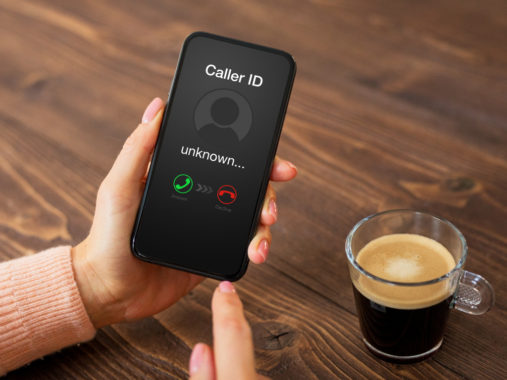Your awareness is the first line of
defense against identity theft.
Brushing Scam QR Code Alert
How the Brushing Scam QR Code Works
- Unidentified sender. You receive a small, seemingly random gift in the mail, with no information about who sent it.
- “Scan to find out who sent it”. Inside the package, a note encourages you to scan a QR code to discover the sender’s identity.
- Malicious link. When you scan the QR code, it directs you to a fraudulent website that may try to steal your personal details like credit card information, login credentials, or contact information.
Why it’s a Scam
- Fake reviews generation. Scammers often use these “brushing” packages to generate fake positive reviews on online marketplaces. These may include reviews for products you would not want to be associated with.
- Data Harvesting. The main goal is to collect personal information from unsuspecting recipients by tricking them into scanning the QR code.
What to Do if You Receive a Brushing Scam Package
- Do not scan the QR code. This is the most important step.
- Discard the package. You are not obligated to return or interact with the package in any way.
- Report the scam. If you suspect a brushing scam, consider reporting it to the relevant authorities or online marketplace.
Your trusted partner in identity theft protection.
Identity theft affects more than 8 million Americans annually, leading to billions of dollars in losses. At Farmers & Merchants Bank and The Bank of Fayetteville, our goal is to help you prevent identity theft and protect your financial well-being.
Phone numbers, email addresses and even voices can be spoofed or faked these days. We will never contact you and request your full account or card number or your online banking password. When you contact us, we will identify you through our standard security questions and protocols. If you are ever suspicious of a call that purports to be from the bank, hang up and call the bank back at one of our authorized phone numbers that can be found throughout this website.
- Be cautious with your personal information
- Report any suspicious activity immediately
 FDIC-Insured - Backed by the full faith and credit of the U.S. Government
FDIC-Insured - Backed by the full faith and credit of the U.S. Government




